Politics
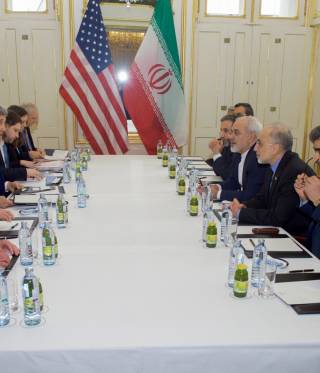
Peace with and within Iran may seem an outlandish prospect to many following recent events. Yet reaching an agreement is now not only vital for the stability of neighbouring countries, but also in the interests of the Iranian people themselves.
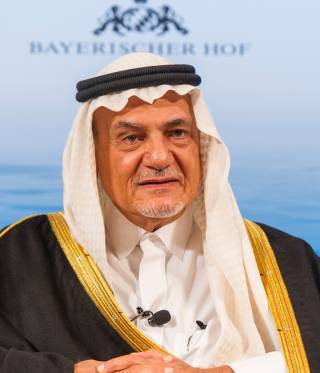
As recent events have deepened uncertainty in the Gulf, zenith asks former Saudi intelligence chief Turki al-Faisal for his thoughts on the death of Qassem Suleimani, Saudi support for Iraq and a possible rapprochement between the kingdom and Iran.

Libya’s warring factions, and their international backers, converge on Berlin today in a bid to end the country’s latest civil war. Here’s what it takes for the conference to be a success.
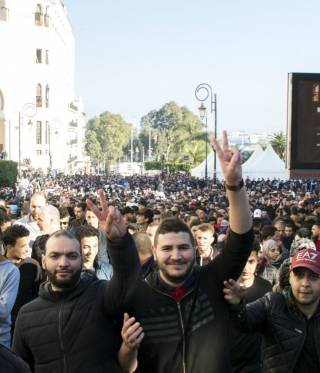
The intelligence services, by taming the media outlets and opposition parties, have broken an attempted democratic transition in Algeria.
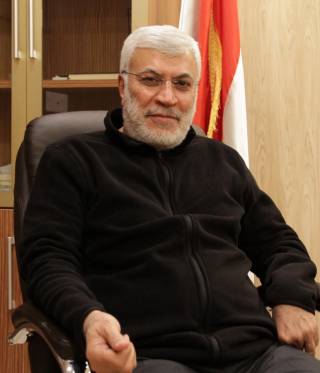
In 2017, zenith’s editor-in-chief, Daniel Gerlach, met Abu Mahdi al-Muhandis, “the Engineer” behind a prominent Iraqi paramilitary organisation, who was killed on 3 January by a US drone strike in Baghdad. Who was he and what drove him?
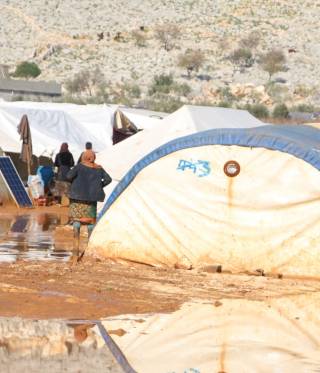
The situation in Idlib remains dire. Idlib-native Merna Alhasan, spoke to zenith about the recent assaults on the city, covering the story as a female journalist, and how the Assad regime controls the narrative on the war in Syria.
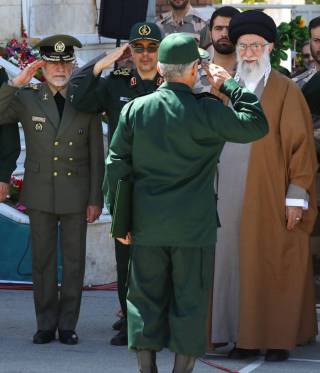
Amid great sighs of relief over the supposedly avoided escalation between the USA and Iran, an astonishing fact has been overlooked. America has a vulnerable flank.

The fight for the Libyan capital enters a decisive phase. President Serraj has his back to the wall and it will probably fall to Turkey to save Europe’s partner from the enemy at the gates.